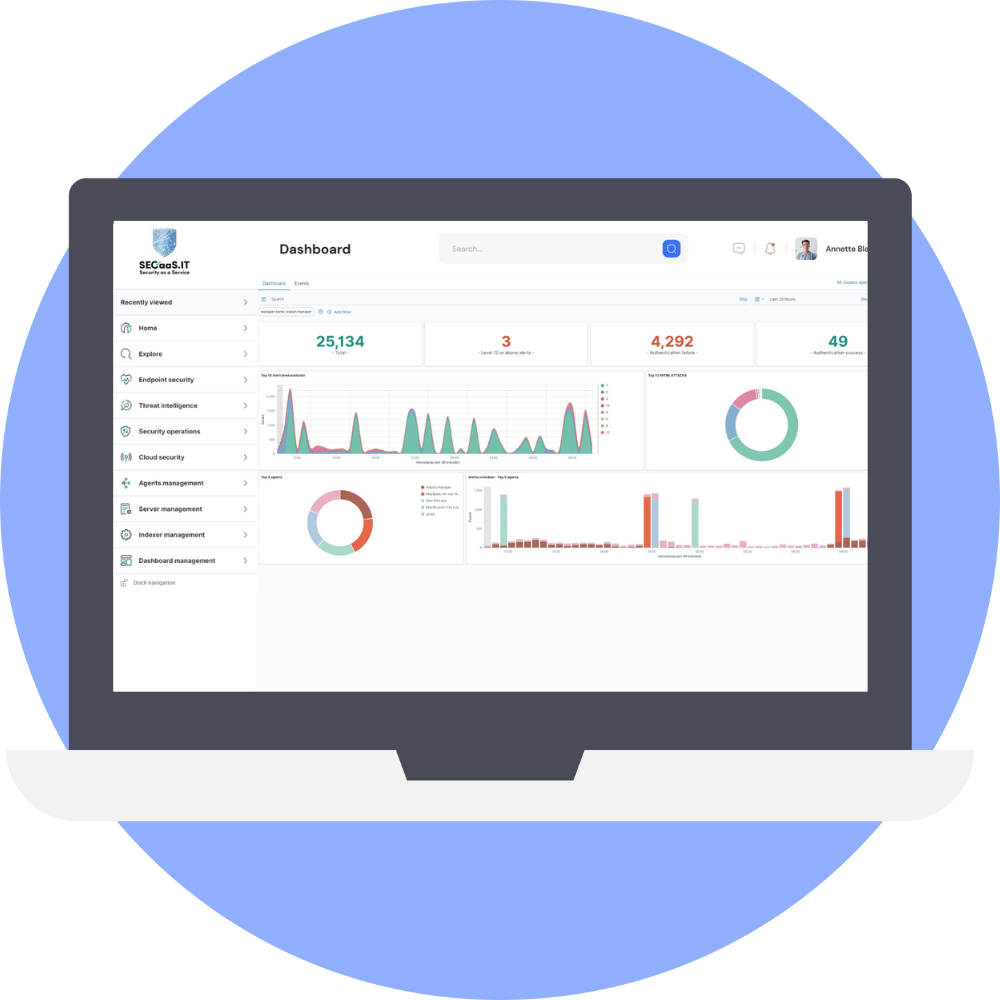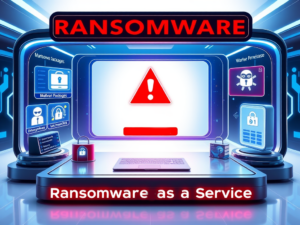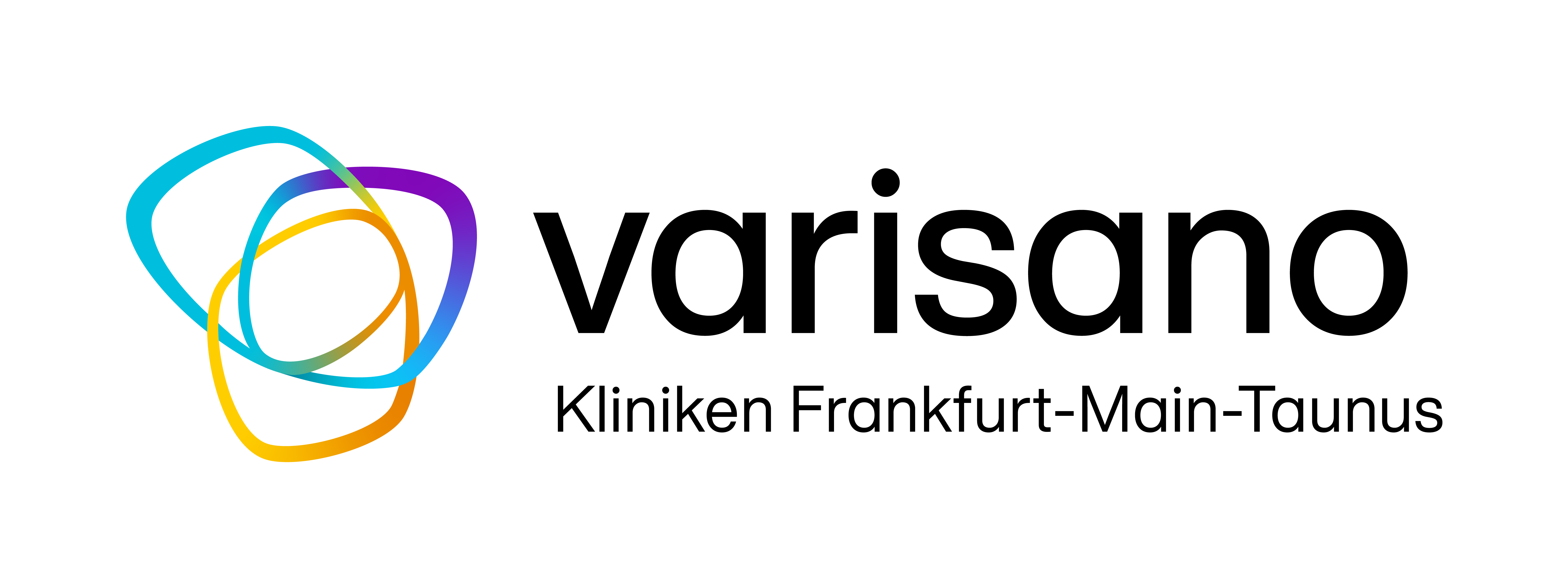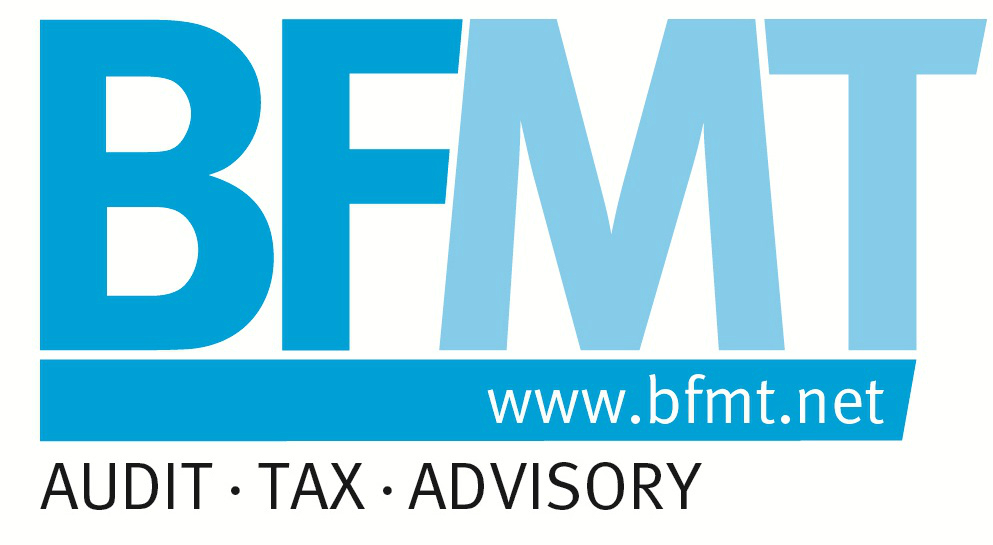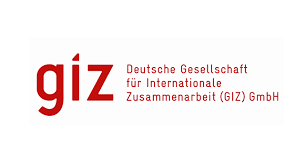Digital resilience in the focus of the EU:
What is DORA?
With Regulation (EU) 2022/2554, also known as the Digital Operational Resilience Act (DORA), the European Union is establishing uniform, legally binding requirements for the digital security of financial companies and their ICT service providers for the first time. The aim is to systematically reduce cyber risks and strengthen operational stability in the EU financial system. The regulation was adopted on December 14, 2022, came into force on January 17, 2023 and will be binding from January 17, 2025.
Why was DORA introduced?
Increasing connectivity and reliance on digital systems makes the financial sector vulnerable to cyber-attacks and IT failures. With DORA, the EU is responding to these threats by creating a robust foundation for ICT risk management, incident response and security audits. DORA harmonizes previously disparate national regulatory frameworks, increasing the resilience of the entire European financial market.
Who is specifically affected by the DORA regulation?
DORA applies to financial companies based in the European Economic Area (EEA) and to their internal or external ICT service providers.
The group of obligated parties is broad and includes, among others:
- Credit institutions (banks)
- Insurance and reinsurance
- Payment institutions and e-money institutions
- Investment firms and trading venues
- Crypto service provider
- Investment fund management companies
- Rating agencies and securitization registers
In total, around 22,000 companies in the EU, including around 3,600 in Germany, are affected.
The most important requirements from DORA
1. ICT risk management
Companies must implement an effective framework that includes technical and organizational measures for identifying, assessing and handling risks.
2. reporting of serious ICT incidents
DORA requires the immediate reporting of significant IT security incidents to the responsible supervisory authorities.
3. testing digital resilience
Regular resilience tests must be carried out – including Threat-Led Penetration Testing (TLPT) to systematically identify attack surfaces.
4. management of third-party risks
ICT service providers must be contractually controlled, monitored on a risk basis and reported in the event of critical dependencies.
5. exchange of information on threats
DORA promotes the exchange between market participants on cyber threats and attack indicators in order to improve the collective security situation.
The structure of the DORA regulation
The regulation consists of 64 articles, which are divided into nine chapters:
- General provisions
- ICT risk management
- Incident management
- Resilience tests
- Third-party risk management
- Exchange of information
- Responsibilities of the authorities
- Delegated acts
- Transitional and final provisions
In addition, current technical standards (RTS, ITS) are currently being developed by the European supervisory authorities (EBA, EIOPA, ESMA).
DORA and Germany: National implementation via FinmadiG
With the Financial Market Digitization Act (FinmadiG) of December 2024, Germany has integrated DORA into national law. Even institutions that are not actually subject to DORA must implement DORA-compliant requirements if they are subject to the German Banking Act (KWG) fall under the KWG. In future, the Federal Financial Supervisory Authority (BaFin) will act as the central supervisory authority and can even appoint special representatives or withdraw operating licenses in the event of violations.
Proportionality: Simplifications for small institutions
Article 4 of the DORA Regulation defines the principle of proportionality: smaller financial undertakings with a low risk profile can implement simplified measures, in particular with regard to ICT risk management. In this way, these companies are not overburdened, but nevertheless remain obliged to ensure a minimum level of security.
DORA as a milestone for cyber security in the financial sector
The DORA Regulation represents a significant step towards the Europe-wide harmonization of digital security in the financial sector. It provides companies with a clear, legally binding framework for systematically managing digital risks and increasing resilience. Those who are not prepared by January 17, 2025, risk severe sanctions. Companies should therefore act now to make their systems and processes DORA-compliant.
Contact us for your security strategy!
Would you like to make your organization DORA-compliant? We support you in implementing technical requirements, documenting security measures and complying with regulatory obligations – also in the context of C5, ISO 27001 or SOC 2.
E-mail: hello@secaas.it
Phone: +49 69 5060 75080
https://security-as-a-service.io
Secure your company – before it’s too late!

















